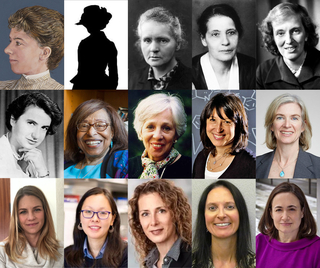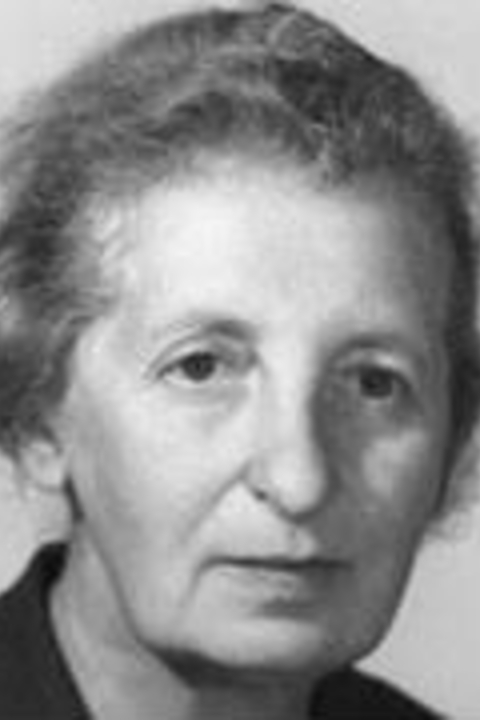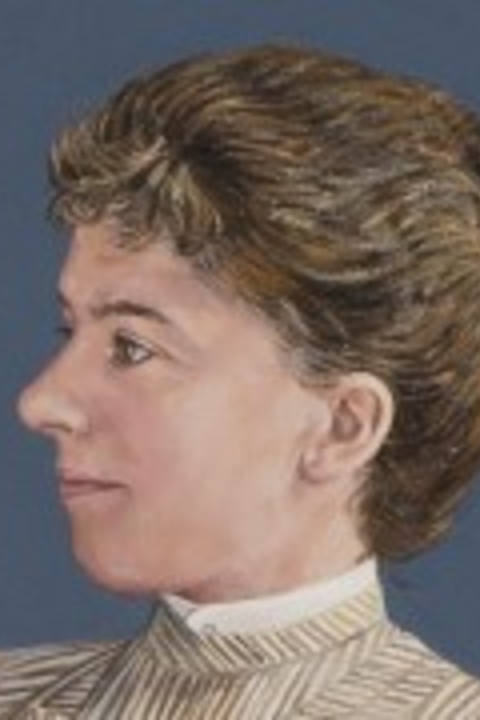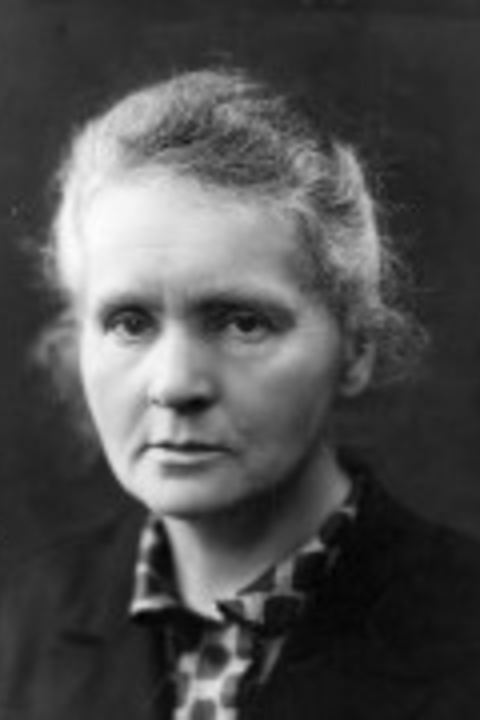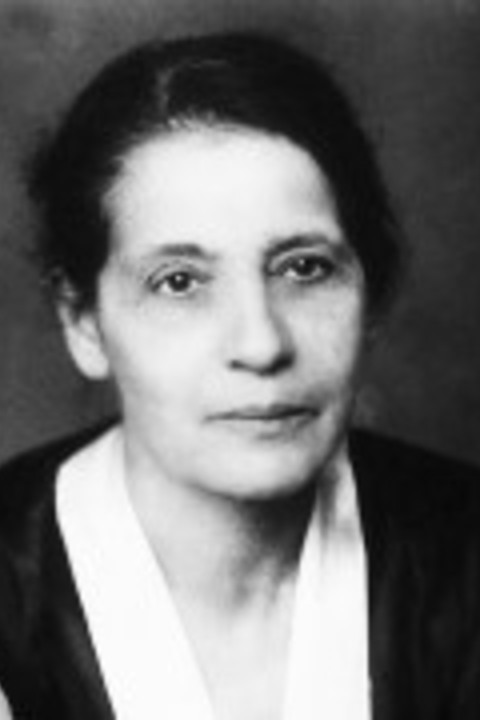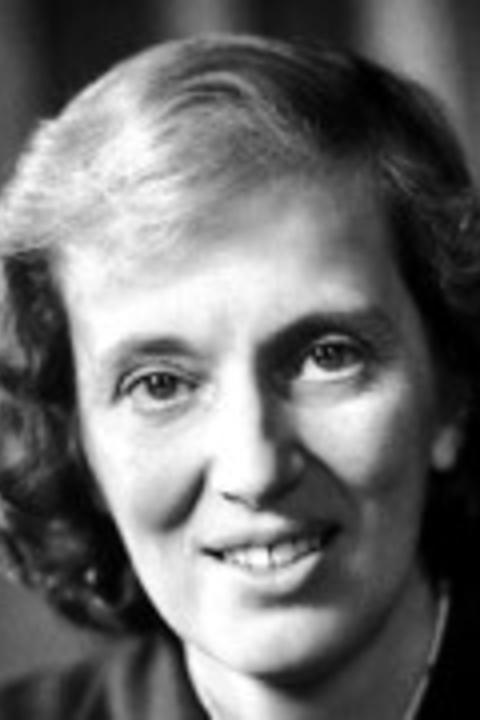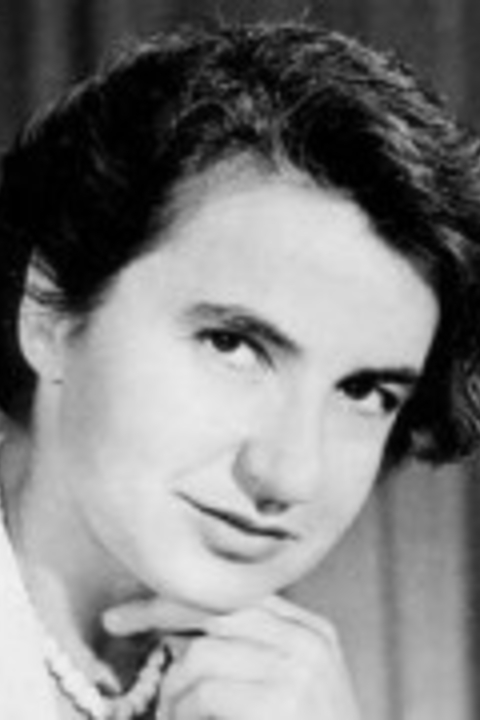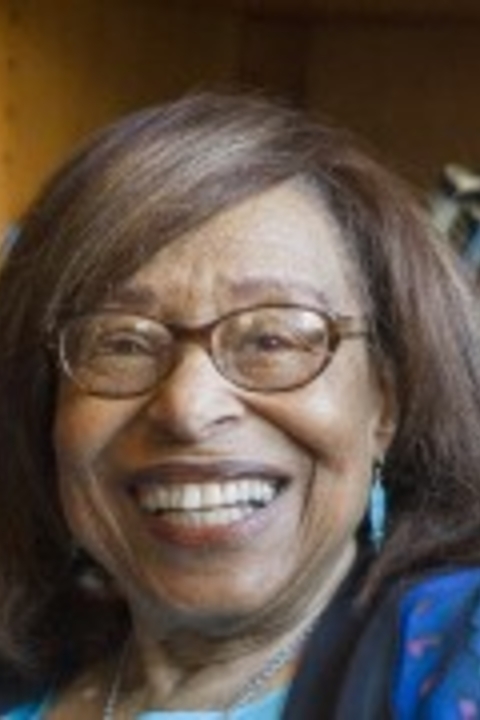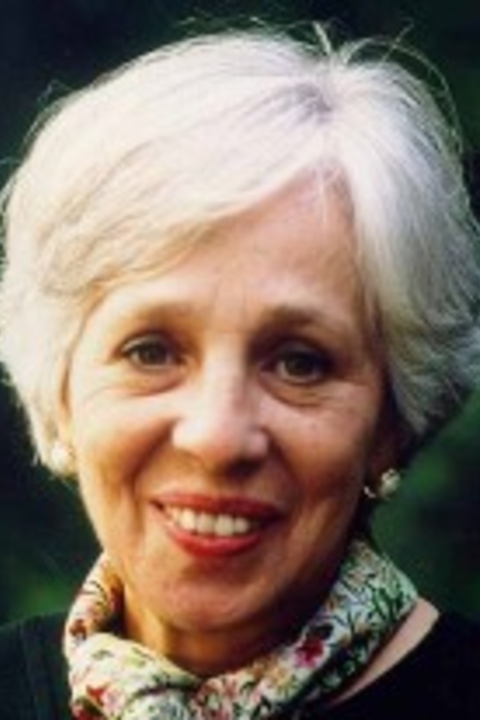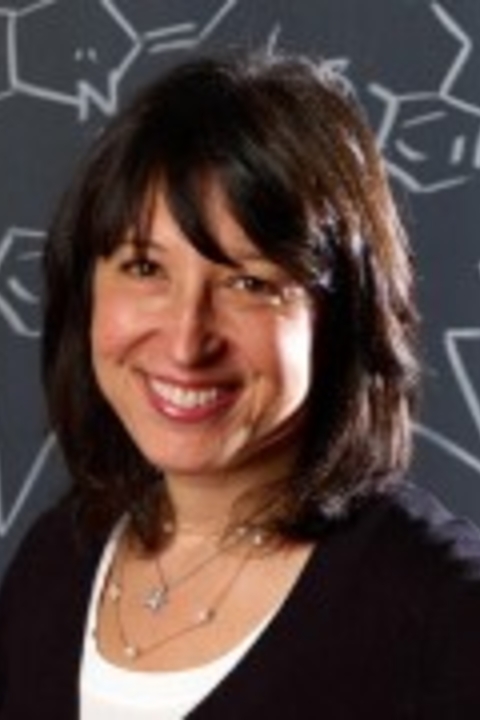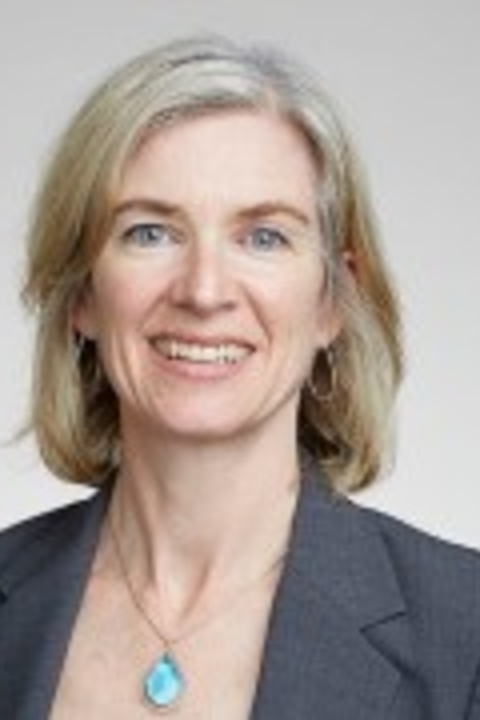March is Women’s History Month, a time dedicated to observing and celebrating the contributions of women to events in history and contemporary society. Among these contributors are female chemists, trailblazers in scientific discovery who navigate their career paths through gender bias.
The Department of Chemistry at Yale held the Celebration of Women in Chemistry virtual symposium in November of 2020 to commemorate the 50WomenAtYale150 anniversaries, which marked the coeducation of women at Yale College 50 years ago and the first women graduate students to the university 150 years ago. The symposium, highlighting women’s contributions to chemistry and Yale Chemistry, featured historical presentations, an exhibit unveiling, guest speakers, and a networking session.
Stacy Malaker, assistant professor of chemistry, welcomed the audience of students, postdoctoral researchers, faculty, and staff. “We’re celebrating some of the female scientists who broke not only scientific, but also social barriers. We will be sharing history that you might not know about the department, including obstacles that women overcame, and, of course, the huge achievements that these women attained,” she said. “We hope that this celebration inspires current and future students by not only reminding them how far we’ve come but also discussing how much is still left to do.”
The event and exhibit were organized in large part by Yale graduate students Diondra Dilworth, Alexandra Bodnar, Sooyun Choi, Mikaela DiBello, Miryl Hilibrand ‘20 Ph.D., Susanna Huth, Hannah Nedzbala, and Sarah Malkowski ‘20 Ph.D. with the help of Malaker and Patrick Holland, Conkey P. Whitehead Professor of Chemistry and director of Graduate Student Climate and Diversity.
The first historical presentation was on Charlotte Fitch Roberts, one of the first seven women to receive her doctorate at Yale and the first female Ph.D. graduate in chemistry in 1894. James Mayer fittingly gave this presentation as the Charlotte Fitch Roberts Professor of Chemistry. Remarkably, 126 years later, her Ph.D. dissertation entitled “the development and present aspects of stereochemistry” is still relevant. Now in book form, it summarizes six principles that are the basis of essentially every sophomore organic class today.
Diana Wasserman presented the career journey of her mother Dr. Elga Wasserman. In addition to being a chemistry professor, she served as special assistant to then-University President Kingman Brewster and was key to the entrance of women to Yale College in 1969. She went on to study at Yale Law School, open her own practice in New Haven, and interview women for induction to the National Academy of Sciences. On the occasion of the 50WAY150 celebration, Wasserman was awarded the Mory’s cup for “Conspicuous Service to Yale” and received a 5-minute standing ovation from the alumnae attendees.
During the symposium, the department played a video unveiling of an exhibit honoring ten women scientists who made critical contributions to science and society. Ph.D. candidate Susannah Huth began the narration by saying, “here we honor the women who were told ‘no’, who were told ‘it’s a man’s work’, who were asked ‘who will take care of your children,’ who were ridiculed, harassed, overshadowed.”
